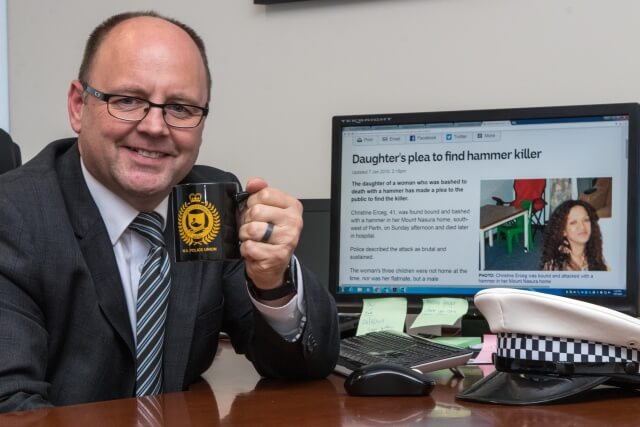
According to Member for Darling Range Barry Urban not a lot of bills go to the core of his fibre but the Sentence Administration Amendment Bill 2017 did just that.
The bill, which has recently passed the Lower House, was set to be debated in the Upper House with results being announced in August.
Mr Urban said he was confident it should be passed as many of his colleagues felt the same way about the ‘no body, no parole’ rule.
If the bill comes into effect it would mean those convicted of murder who have not identified the location of their victims’ bodies would not be released without serving maximum time.
With a background in policing the bill was very important to Mr Urban who addressed Parliament House a few ago.
In his speech he said he wanted to send a strong message to the community.
“If someone has been murdered and their body has not been recovered we must prevent the person who carried out that murder from obtaining parole,” he said.
“If this law was to help just one family put their loved one to rest then I think it is absolutely worth bringing this bill to this state.
“We should get it passed through as quickly as we can.”
Mr Urban said as a former WA police officer he has come in contact with people whose family members have been affected by murder.
“All they want is answers,” he said.
Mr Urban said there was nothing worse than a family being unable to have the remains of a loved one returned to them.

“They will never recover from the loss of that person,” he said.
“They will never forget.
“One thing they will, to a degree, recover from is their hatred towards somebody else if the body is returned.”
Shadow attorney general Michael Mischin said the Barnett Government always maintained that those who refused to reveal the whereabouts of a deceased victim ought not be released to parole.
“There is no instance of such a thing happening, and it is accommodated by the existing parole system, which is materially different in its operation to that of other states where legislation was necessary,” he said.
“Notwithstanding that as presently advised the opposition will support the bill as the government has a mandate to pass such legislation, having campaigned on it
Mr Mischin said the bill would be examined to establish how it would work, for any flaws, and to see whether it would fulfil next-of-kins’ expectations based on the promises that Premier Mark McGowan and Attorney General John Quigley had made for it.
“It is worth noting that the bill was completely different to the one that Mark McGowan and the attorney general put up last year,” he said.
“They claimed it would fix the problem and criticised us for trying to improve it.”













